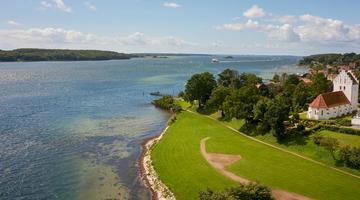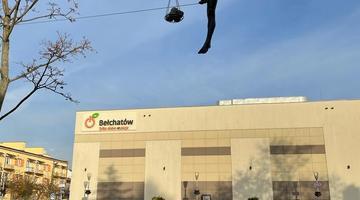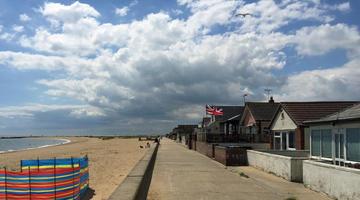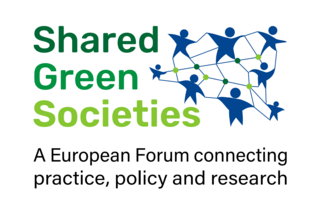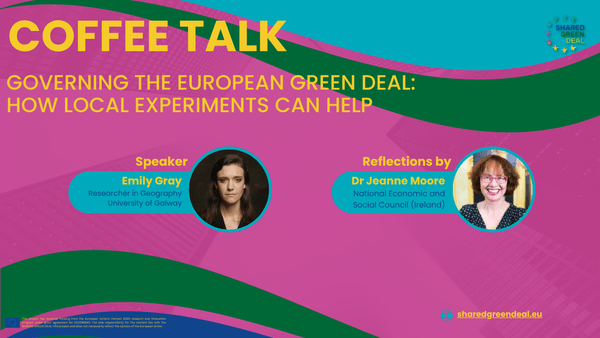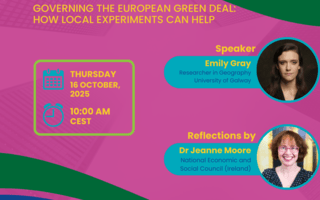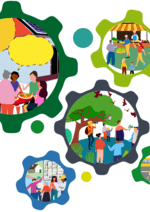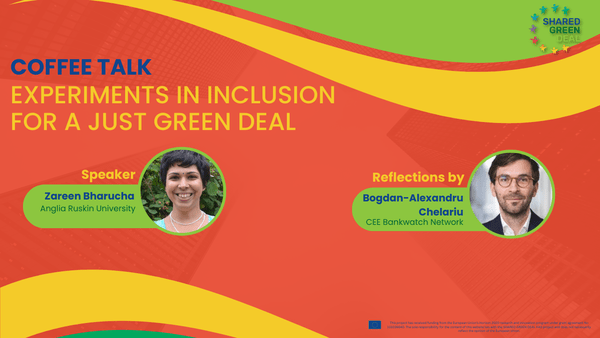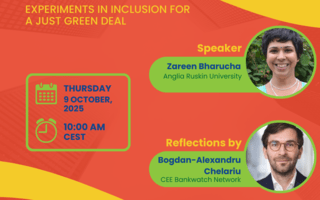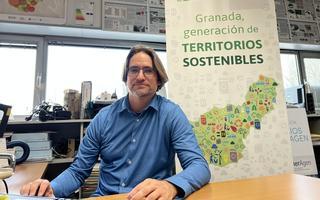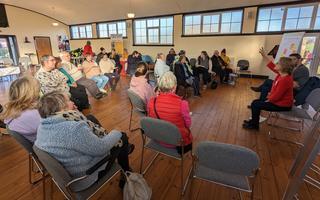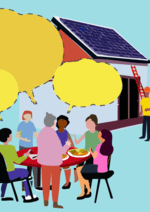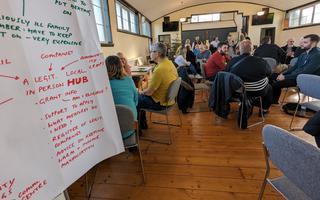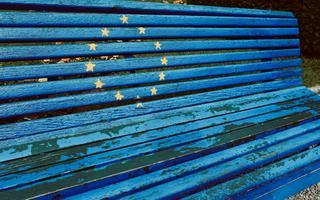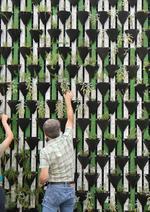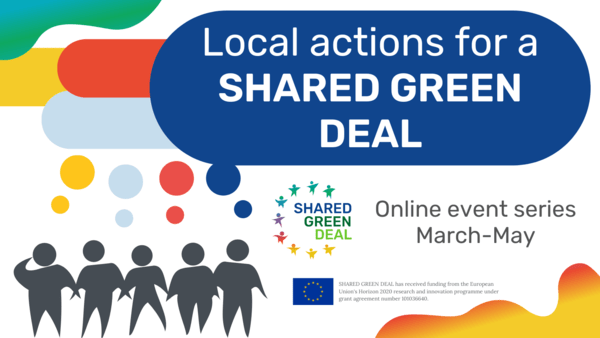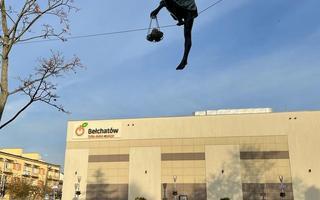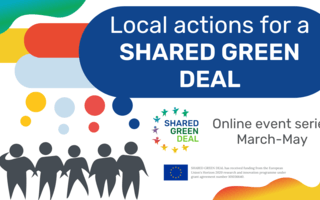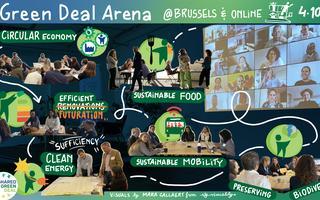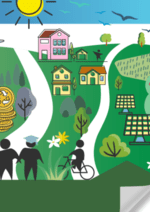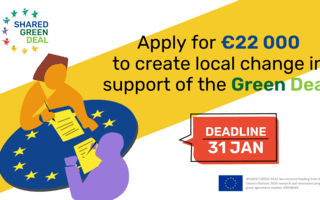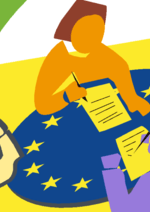Clean Energy
Supplying clean, affordable and secure energy
The production and use of energy accounted for more than 75% of the EU’s greenhouse gas emissions in 2021. Decarbonising the EU’s energy system is therefore critical to reach the EU’s 2030 climate objectives and the long-term strategy of achieving carbon neutrality by 2050. However, a successful transition to renewable energy sources cannot be achieved with a top-down approach and must gain broad approval at all levels of society which can only be achieved by making the transition just.
Specific action
This social experiment stream produced co-created community visions of desirable energy futures in four regions where renewable energy projects are highly likely to be implemented. This stream targeted two urban and two rural locations.
Through the experiment, local organisation hosts had the chance to gain a deeper understanding of what local stakeholders want and expect for the future of energy, and how specific aspects of the EU’s Renewable Energy Strategy, such as providing citizens with the possibility to jointly engage in renewable energy projects, can be most beneficial to local communities. The experiments emphasised intergenerational learning by including younger (18-30) and older (65+) people together in dialogue events.
This social experiment stream will produce co-created community visions of desirable energy futures in four regions where renewable energy projects are highly likely to be implemented. This stream will target two urban and two rural locations.
Local Partners
In the beginning of 2023, four local partners were chosen to work together with SHARED GREEN DEAL on Clean Energy. The four partners were chosen out of a total of 70 applicants for this stream.
- Fonden Motorfabrikken Marstal, Ærø, Denmark
- Diptuacion de Granada, Granada, Spain
- Alliance of Associations Polish Green Network, Belchatow, Poland
- Essex County Council, Essex, UK
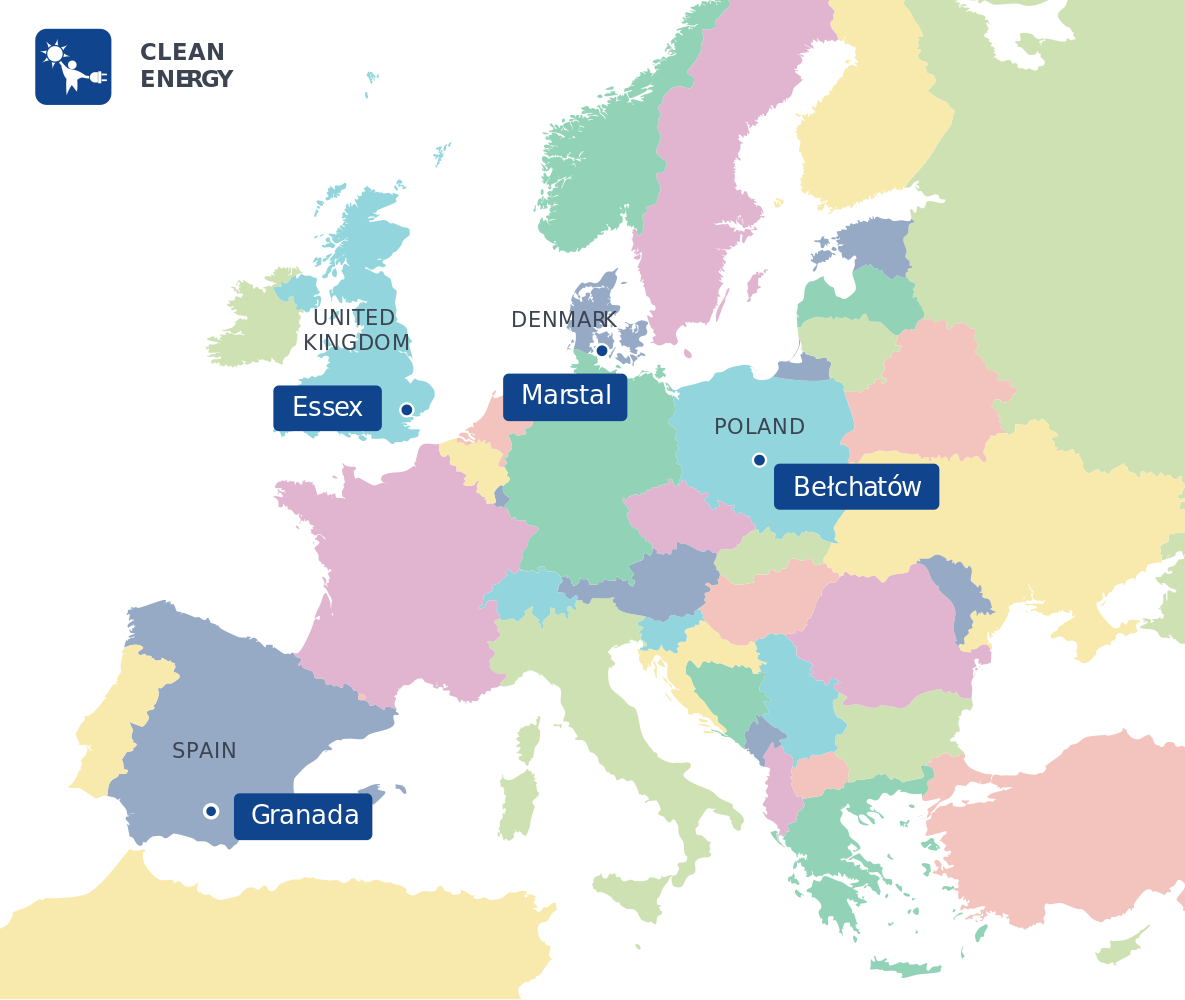
Social Sciences and Humanities background
The co-creation approach of this experiment builds on recent H2020 projects that used collaborative and participatory approaches for engaging citizens in the energy transition. These projects include ENERGISE and TURNKEY RETROFIT, which worked with households and communities across Europe to show how integrated approaches that work with participants’ everyday practices and their links with people and place, can yield substantial and sustained reductions in household energy use.
Within this strand of Shared Green Deal, community visions will be explored, building on the on the concept of socio-technical imaginaries in which local/regional partners will co-create collective visions and locally produced understandings of the energy transition from a multi-actor perspective. The theoretical underpinnings of this work can be found in the book ‘Dreamscapes of modernity: Sociotechnical imaginaries and the fabrication of power.’
TIMELINE
Case Study Guides
|
Find out more
LEAD PARTNERS ON THE PRIORITY


CONTACT
For further details please contact co-leads Professor Chris Foulds (chris.foulds@aru.ac.uk) and Professor Rosie Robison (rosie.robison@aru.ac.uk).

This project has received funding from the European Union’s Horizon 2020 research and innovation program under grant agreement No 101036640. The sole responsibility for the content of this website lies with the SHARED GREEN DEAL HAS project and does not necessarily reflect the opinion of the European Union.
